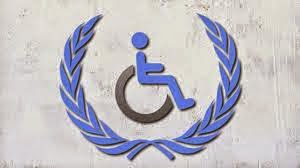Common Gene Variants Account for Most Genetic Risk for Autism: Roles of Heritability, Mutations, Environment Estimated – NIH-funded Study

July 20, 2014 • NIH Press Release Most of the genetic risk for autism comes from versions of genes that are common in the population rather than from rare variants or spontaneous glitches, researchers funded by the National Institutes of Health have found. Heritability also outweighed other risk factors in this largest study of its kind to date. About 52 percent of the risk for autism was traced to common and rare inherited variation, with spontaneous mutations contributing a modest 2.6 percent of the total risk. “Genetic variation likely accounts for roughly 60 percent of the liability for autism, with common variants comprising the bulk of its genetic architecture,” explained Joseph Buxbaum, Ph.D. , of the Icahn School of Medicine at Mount Sinai (ISMMS), New York City. “Although each exerts just a tiny effect individually, these common variations in the genetic code add up to substantial impact, taken together.” Buxbaum, and colleag...

